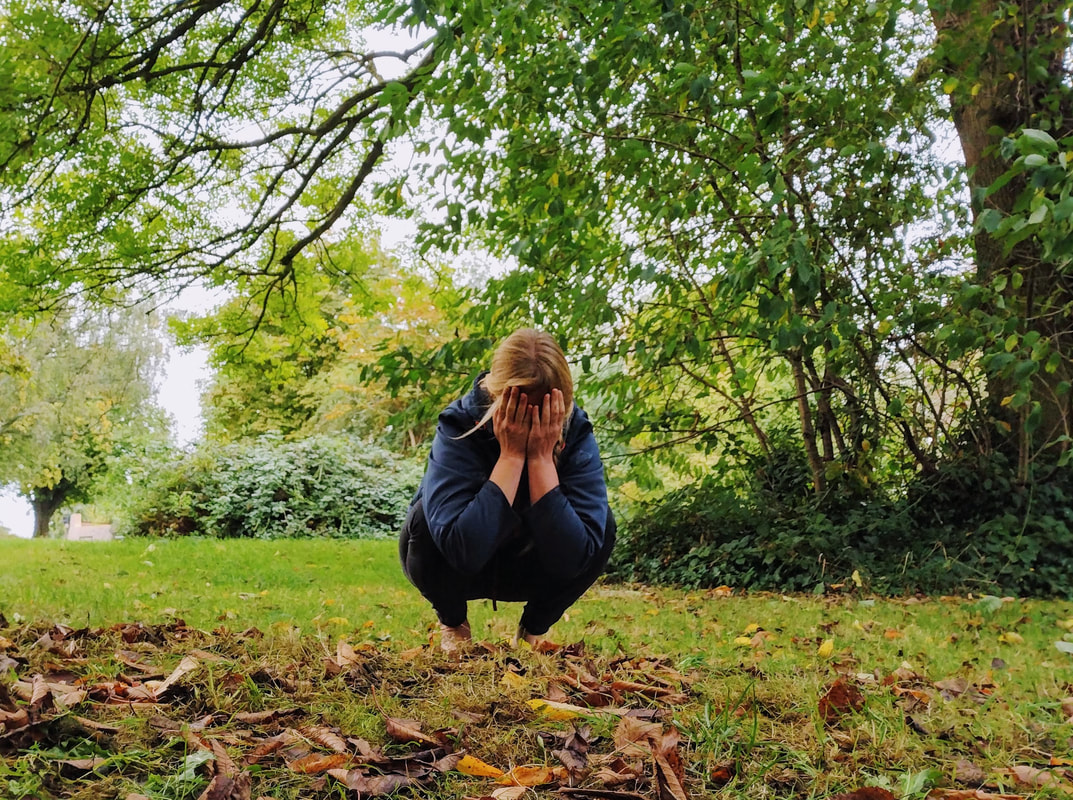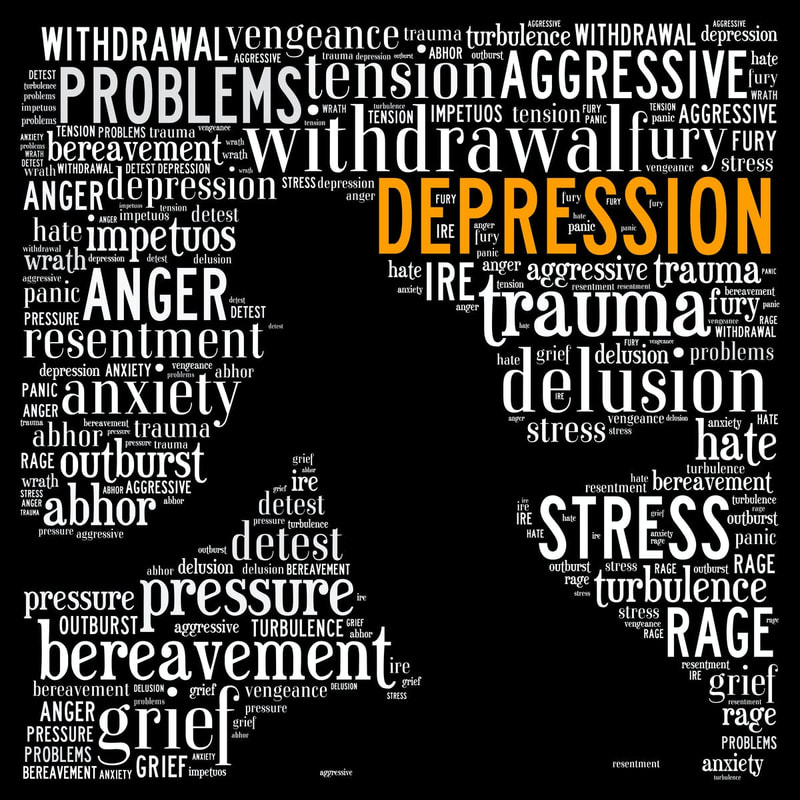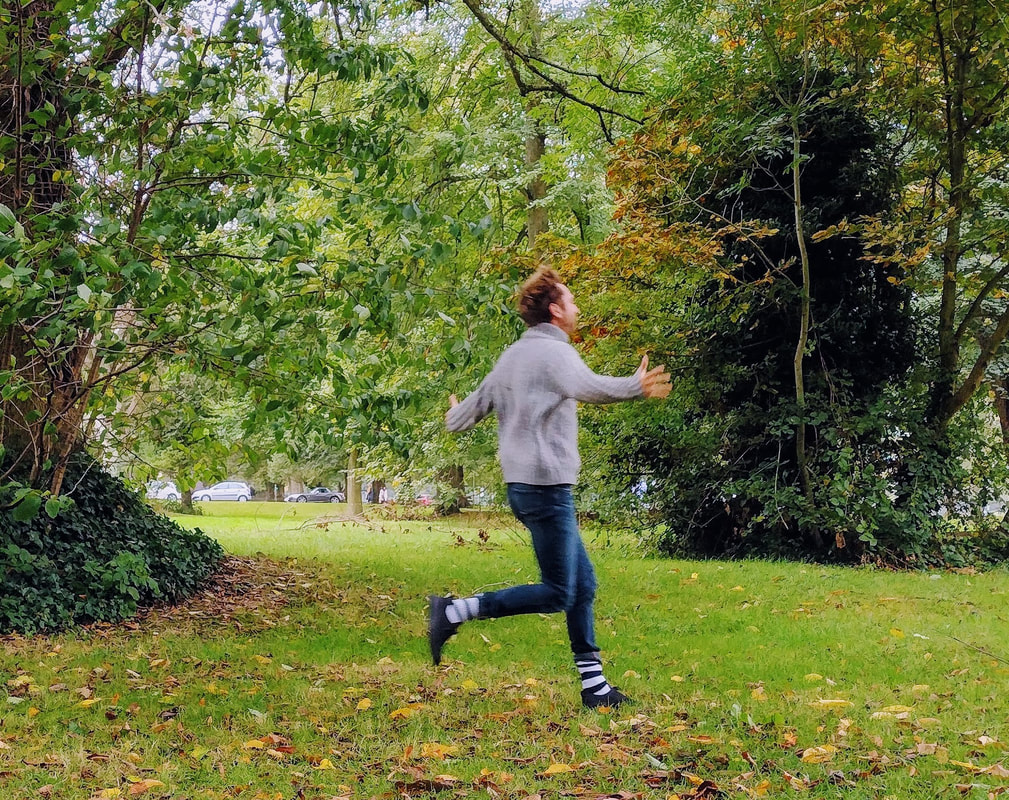|
In reality, however, these ‘negative’ emotions can be helpful. The negativity comes when we try to fight them via:
These are the basics of our learned coping mechanisms or conditioned reaction, which are largely unconscious (meaning we are not aware of them, or in control of them). They developed during childhood, when they were perceived as absolutely necessary reactions, to receive attention, love and/or safety when we needed it most. We carry these deep in our nervous system. Something happens that ‘triggers’ past pain, and activates the mechanism. It can be anything, from a specific type of person, environment or even a raised eyebrow to a shouted word. The reactions triggered can be severe, like a full-on panic attack, or more subtle, like anxiety and a tight chest. For myself I notice that I sometimes get very sleepy and tired during emotional conversations with my partner. I realised this is a mechanism learned from childhood to unconsciously help myself avoid conflict and forced emotional dumping and enmeshment with parents). I have since learned to pause when I yawn, and name this as a 'conditioned reaction', which often stops it. Which leads me into the next step... How to heal our conditioned reactions
The methods I work with involve multiple therapies to work on grieving, accepting and revaluating past interpretations and coping mechanisms in both the mind and the body. I also advocate for self healing through self awareness and self love and coach myself and others to do this in everyday life. “Your task is not to seek for love, but merely to seek and find all the barriers within yourself that you have built against it.” ― Rumi We can do the healing work moment-to-moment by utilising these so-called negative emotions. First I remind people to ‘celebrate the catch’ - to recognise that there is a power in being able to recognise an emotion and se it could be valuable. Each powerful emotion is a clue to help you learn about yourself, to understand your patterns, mechanisms and past pains. I encourage people to become fascinated with these moments, like they are gold. Feeling the body as we ask ourselves these key questions:
This understanding is the first step in the STOP technique, which is one tool that I teach to my clients. In reality the emotions are not just about the situation, but more about our ‘thoughts about the situation’ (stories). Most stories are rooted in the past - a conditioned judgement about how we should react, internalised. so much that we use them as expectations; not just for ourselves, but for others. Shame, anger, anxiety and even sadness became tools to make sure these hidden expectations are met as children, but of course they are ineffective as adults, in the present context. The work of healing begins by admitting these hidden stories of expectations to ourselves internally. As we do the work of Acceptance and Commitment Therapy (ACT), we learn that it’s OK to have judgements and feelings, and we can find more helpful ways to act that are aligned with what we value and want. For example, if I realise I’m holding an expectation for another person to ‘calm down and sort themselves out’ then I can start to give that to myself, giving me a chance to help them and also achieve what I want: calm, loving connection. The real gold is in the process of helping ourselves; finding our power through admission of what we really feel and think, instead of fighting and repressing the emotion. We can turn a so-called ‘negative emotion’ into a powerful and positive force to help us heal, grow and create the outcomes we want, instead of perpetuating the outcomes we hate. So try these questions today: if you feel ‘bad’, STOP and ask yourself “what is so bad about right now?” By admitting the truth we are set free, even if we are a bit pissed off first. I hope this helps you. If you’d like any help finding more inner freedom and empowerment please call me today.
2 Comments
Jim Gibson
6/10/2021 08:06:36 am
Loving this brother.
Reply
Neil Morbey
6/10/2021 08:17:22 am
Thank you Jim 😘
Reply
Leave a Reply. |
AuthorsNeil Morbey is a meditation teacher, group facilitator and inspiration guide for Positively-Mindful.com Blog Index
Archives
May 2024
|




 RSS Feed
RSS Feed